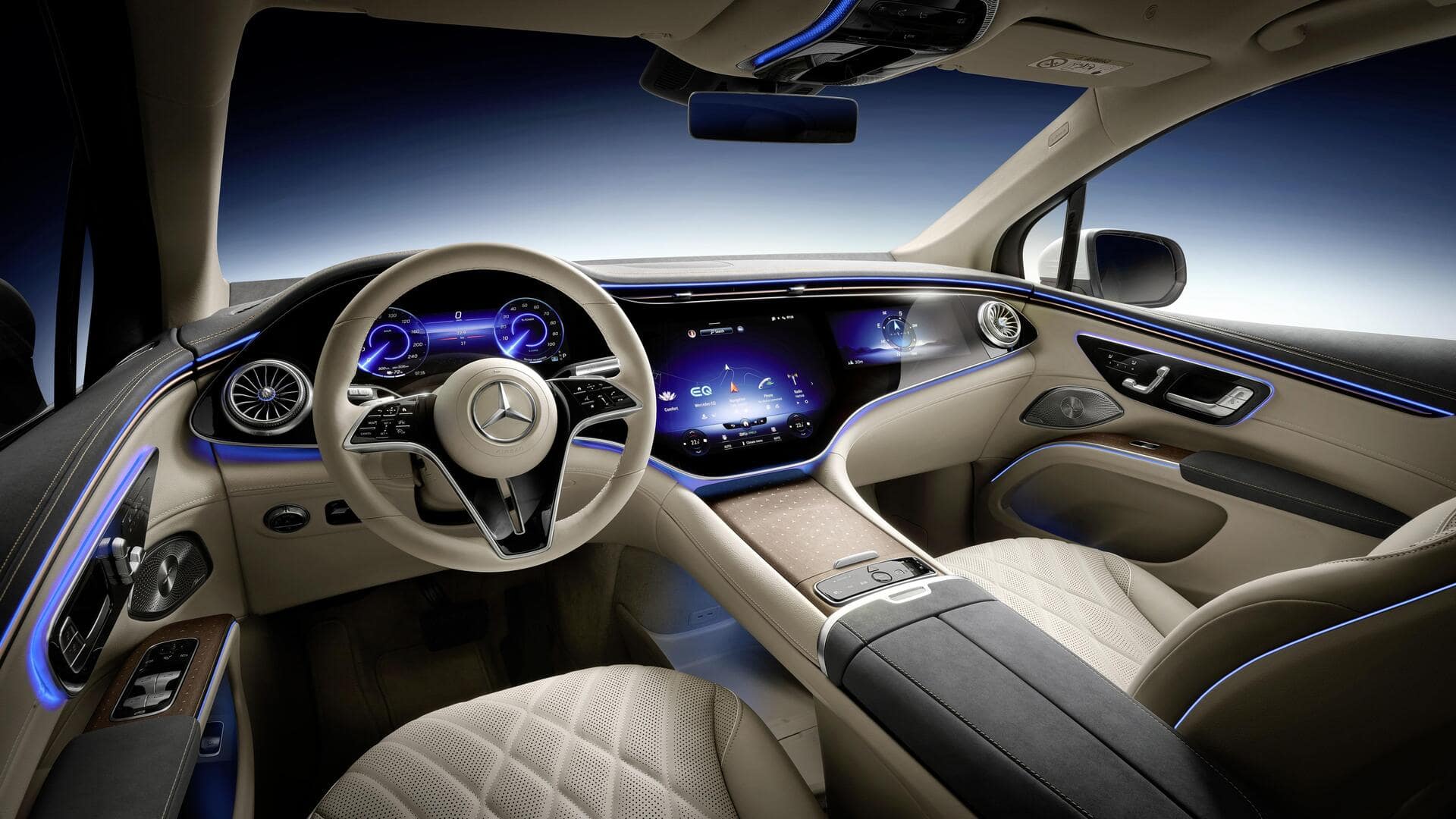
Euro-NCAP to reduce safety ratings for cars with excessive touchscreens
What's the story
By 2026, Euro NCAP or the European New Car Assessment Program, plans to implement new guidelines that will lower scores for cars with excessive touchscreen usage. The goal is to encourage safer driving by pushing car manufacturers to use physical controls for essential functions. Euro NCAP's Matthew Avery voiced concerns about touchscreens as they force drivers to look away from the road, thereby increasing the risk of accidents.
Which is better?
Touchscreens vs physical controls: Safety concerns
Touchscreens are popular in cars because they're cost-effective, modern-looking, and bring a digital interface to the car's cabin. However, physical buttons and dials are better for driving since they allow for muscle memory. Euro NCAP's new guidelines will examine factors like integrating crucial functions such as horn, turn signals, SOS, headlight controls, wiper controls, and hazard light controls into touchscreens, which could lead to serious accidents.
Impact on industry
Impact on automakers and the car industry
Although Euro NCAP can't legally enforce its guidelines, many car manufacturers use its safety ratings as a marketing tool to promote their vehicles as safer options. A lower safety rating could greatly impact a car's marketability. Companies like Hyundai and Toyota have already chosen traditional controls for their vehicles, while SKODA has created a hybrid solution with customizable screens built into physical dials.
Implementation
Changes are expected to be implemented by 2026
The new Euro NCAP guidelines haven't been finalized yet, and evaluation procedures are still in development. However, the 2026 implementation timeline is set. Some argue that Advanced Driver Assistance Systems (ADAS) can help reduce hazards when drivers look away from the road to use touchscreens. But ADAS systems aren't perfect and cannot be fully relied on. Car manufacturers are expected to follow the new regulations to maintain their safety ratings.
Future of in-car experience
Future of in-car screens and controls
BMW CEO Oliver Zipse previously predicted that large screens would be banned within the next decade due to driver distraction concerns. Tata Motors has unveiled a new EV concept, the AVINYA, which focuses on human-centric design with voice-enabled controls and fewer screens. As car manufacturers try to balance innovation with safety in an increasingly tech-driven world, the industry may see a shift toward more traditional controls or creative solutions that minimize driver distraction.